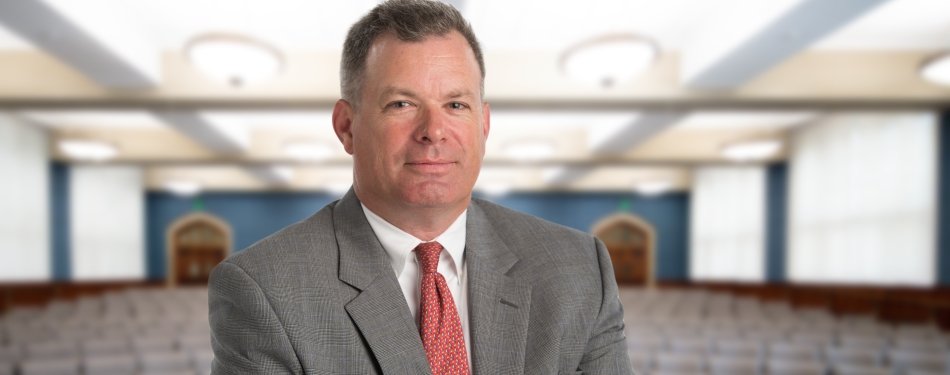David Guenther, ’99
Director of the International Transactions Clinic
The International Transactions Clinic (ITC) is supported by an endowed fund that was established by James F. Sams, ’57, and his wife, Betty. The ITC represents clients who are working internationally, have a social or environmental mission, and have a pending transaction that the clinic can advise on.
“The most common challenge our clients face is gaining access to capital, so a fundamental goal is to make international capital markets accessible to investors and entrepreneurs at the base of the global socioeconomic pyramid,” says David Guenther, director of the International Transactions Clinic. “Much of our work is finance, and as a result we also have a robust regulatory compliance practice, and we advise on a wide range of other areas related to social enterprise and sustainable investment.”
Clients can be nonprofit or for-profit; nonprofit clients typically use for-profit tools in order to sustain their operations, and for-profit clients typically have a mission geared towards the public good. The clinic is open to all 2L and 3L students, and is overseen by faculty members who are experienced practicing transactional attorneys (seven of whom are Michigan Law graduates). Michigan Law is one of only two law schools in the country to offer this type of clinic.
Students in the ITC draft and negotiate cross-border transactions, structure debt and equity investments and enterprises in emerging markets, and analyze ethical issues that can arise in international business,” says Guenther. “The bottom line is we advise clients who are using business to make the world a better place.”
During the 2020–2021 academic year, the ITC advised GreenPath Foods on successful debt and equity financing rounds with several investors in Europe and Africa, and the International Development Finance Corporation on a successful debt transaction with a microfinance institutional borrower in Southeast Asia. The ITC also advised the U-M Museum of Paleontology on its ability under international law to accession collections of fossils exported from Lebanon by potential museum donors. This work was supported by two ITC students with Arabic fluency—a native speaker and a non-native speaker who had been a Fulbright Fellow in Jordan—who were able to review critical documents in Arabic as well as in French and English.

